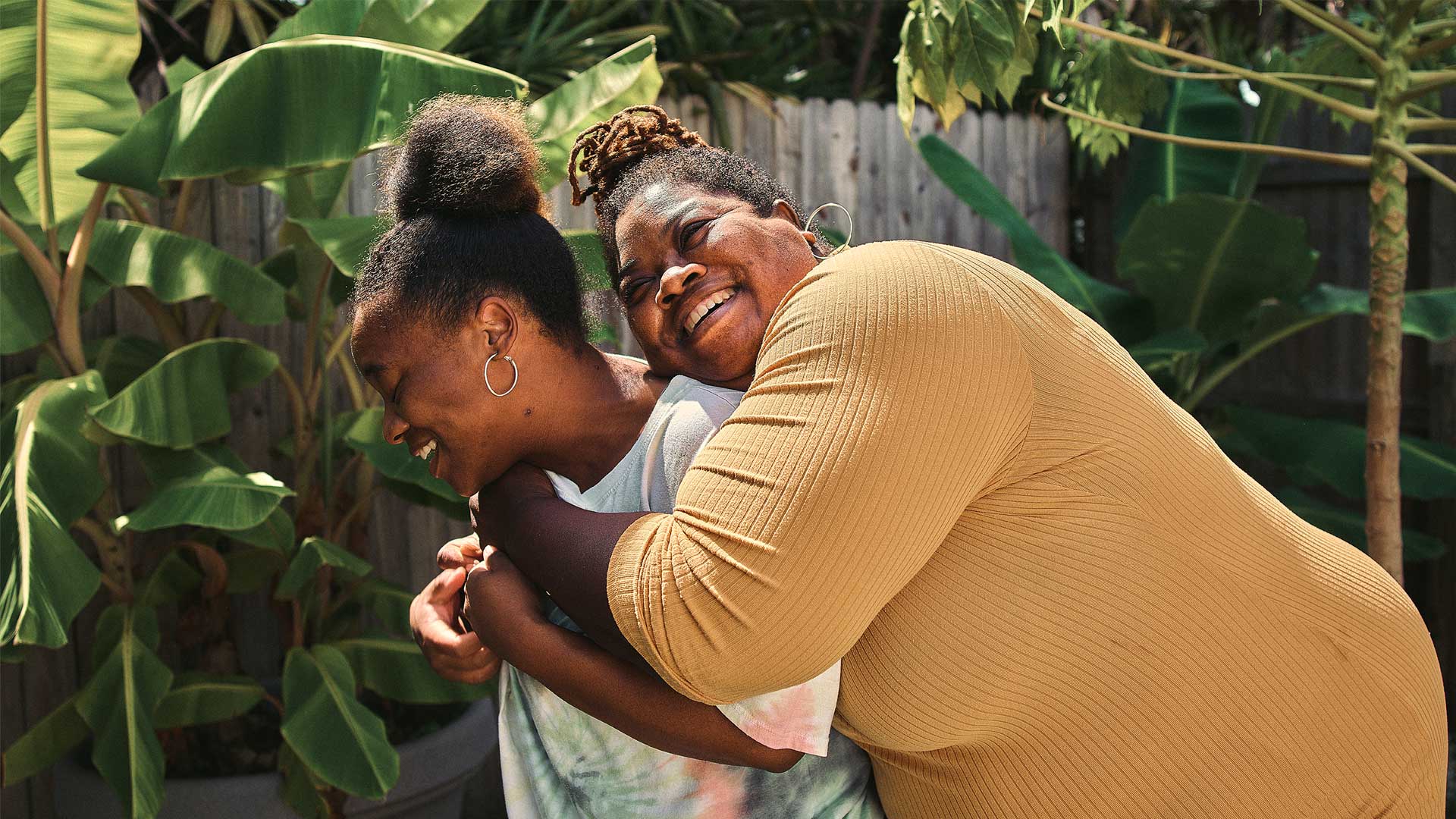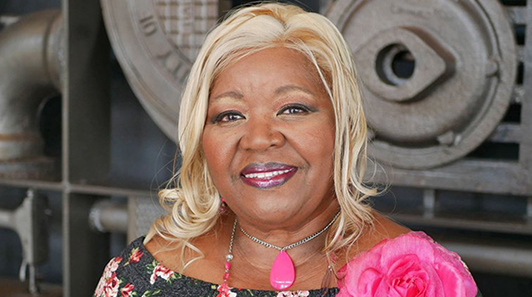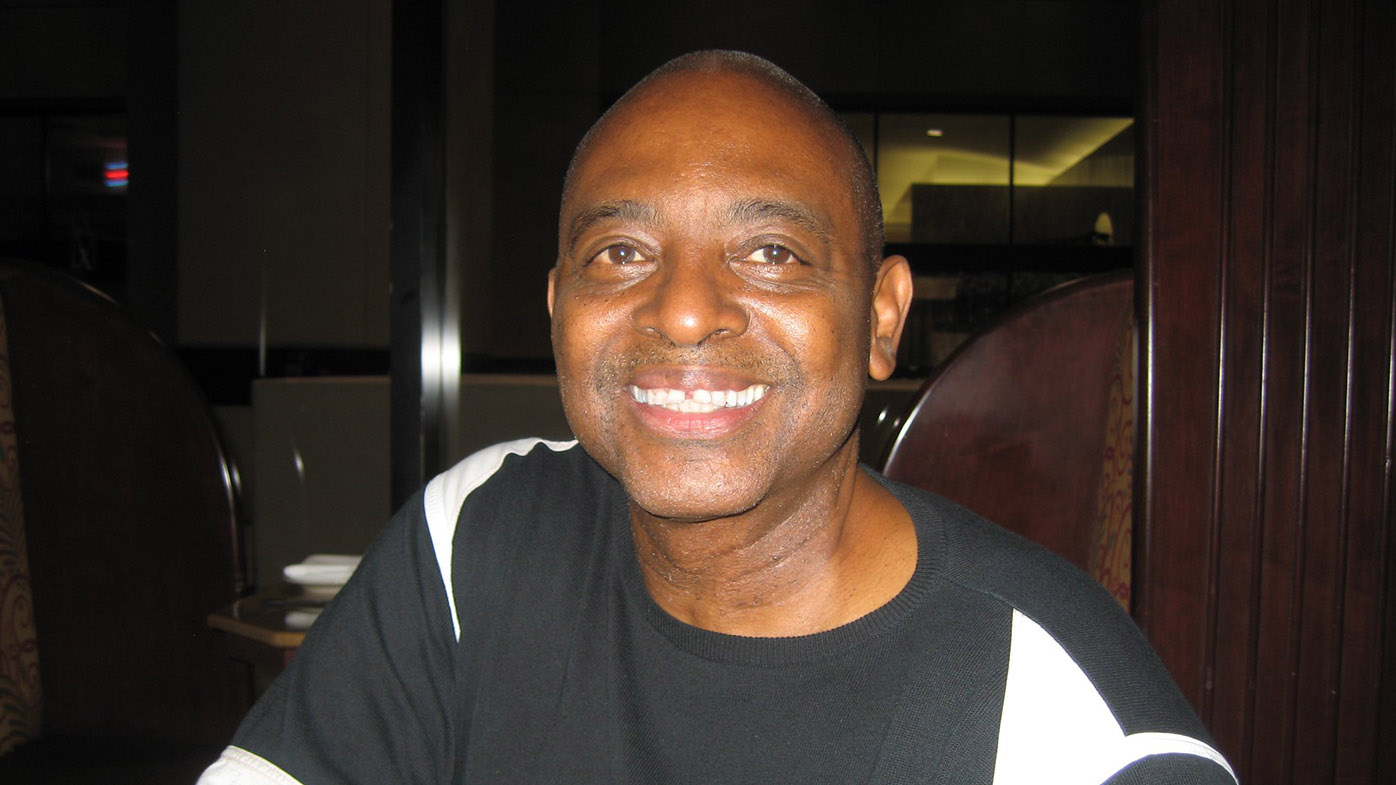These activities and more are crucial to our work supporting patients beyond the treatments we provide because we understand that people are more than just their disease.
We are guided by our patients every step of the way from research and development to new options for treatment – we recognize that patient engagement has a deep impact on health outcomes.
A platform for idea-sharing
Our patients and their advocates have a place to find answers and hold meaningful discussions through our Advocacy Exchange (TAE). A joint effort between Bristol Myers Squibb and New York-based digital health company GRYT Health, TAE is a first-of-its-kind platform offering live, interactive conversations for patients battling a range of diseases. In addition, a virtual exhibit hall allows participating organizations to share resources and learn from one another.
“The Advocacy Exchange really fosters partnerships, and that’s what improves patient outcomes,” said Jodi Hutchison-Sanford, director, Patient Advocacy. “When we can understand each other and speak in the same language and use the same lexicon, that’s when change happens.”
All of this is available free of charge, 24/7 and the programming is developed entirely around member feedback. More than 60,000 people from 120 countries have joined the platform since its launch.
“Patients are at the heart of the exchange,” she said. “We are constantly pulsing our communities for topics they want to cover and ideas they want to exchange. We are always tweaking the content and the speakers based on what the feedback is from the patients and the communities that belong to the platform.”
Ask the experts
In an effort to weave the patient perspective into our work, from early drug development to commercialization and beyond clinical trials, we also launched an innovative new process spanning all markets and therapeutic areas: Patient Expert Engagement Resource, or PEER.
PEER consistently applies and embeds the expert patient advocate voice into all of our processes and into our own governance structure – one of the first times this kind of all-encompassing approach has been implemented at a biopharmaceutical company. Through meaningful collaborations and partnership with patient organizations, PEER seeks insights into disease awareness, treatment and clinical trial experiences, access challenges and more.
One major accomplishment already implemented through PEER is the requirement for all Phase 3, pivotal clinical trial protocols to include expert patient advocate feedback prior to internal sign-off. This mandate aligns with the FDA’s patient-focused drug development guidance for enhancing the incorporation of the patient voice. In many cases, study teams took PEER feedback into consideration and made changes to protocols as necessary.
“PEER is really an exercise in listening to drive meaningful change for our patients and including them in everything we do,” said Heather Pongonis, Advocacy project manager.
Since its launch, PEER has partnered with more than 80 patient organizations and completed over 100 insight-gathering engagements. Plans are underway to expand the program into the UK, Canada, Australia and Latin America.
Focusing inward
In addition to working with patients outside of BMS, we also recognize that our patients are all around us. In many cases, they are us. Or our manager, or our colleagues. Our Disability Advancement Workplace Network (DAWN), one of our eight People and Business Resource Groups, launched the Cancer Support Network to bring together patients and caregivers in the workplace.
Current members have described it as a “gamechanger.”
“CSN offers the support you didn’t think you needed,” said Mianna Burnett, manager Business Operations. “Hearing people speak about their stories as a caregiver and a patient and then how it translates into their work life has just been so helpful.”
The CSN was designed by colleagues for colleagues to provide workplace support for those who have been affected by cancer — patients, survivors, caregivers or colleagues of someone diagnosed. Its format leverages the collective experiences of its members, internal and external resources and experts to assist employees in their cancer journey. Since its launch, the CSN has expanded beyond the U.S. to Brazil, Argentina, Switzerland and the UK.
“This is how we take care of our BMS family,” said Joanne Ford, Transactional Law paralegal and CSN founding member. “CSN provides support in the workplace, and that support doesn’t stop at the end of the workday.”


